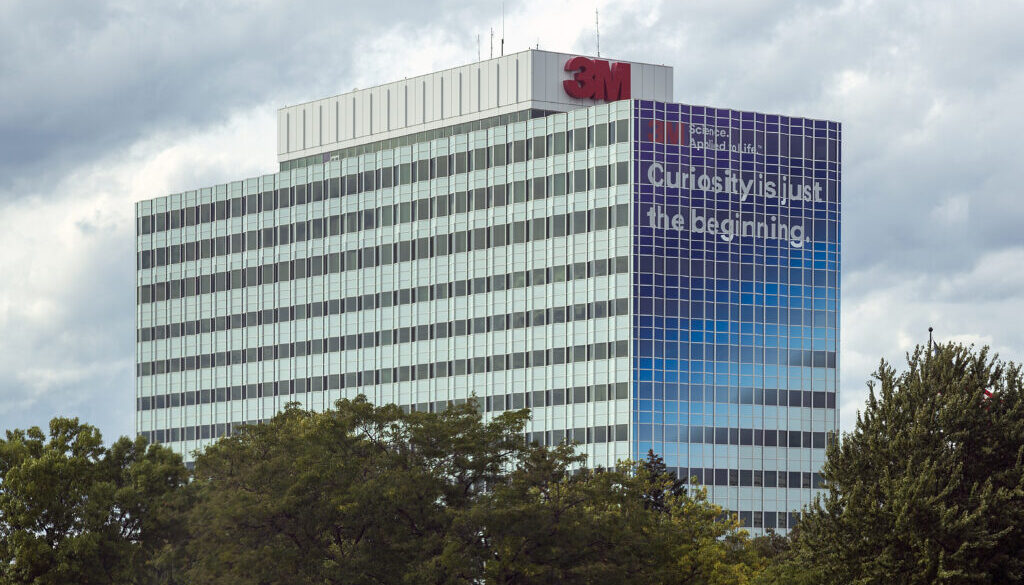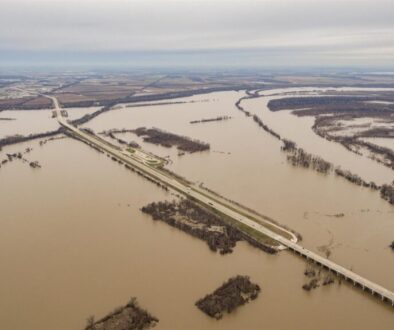Historic 3M PFAS settlement gets preliminary court approval
A federal court on Tuesday granted preliminary approval for a “landmark” $12.5 billion payout by chemical conglomerate 3M to resolve claims in a class action lawsuit and help public drinking water providers remove toxic per- and polyfluoroalkyl substances (PFAS) from communities around the United States.
The court approval comes a week after DuPont and related companies received preliminary approval for a $1.185 billion settlement that similarly addresses class action claims over toxic PFAS contamination in US water systems. Together, the deals mark the largest drinking water settlement in history.
Both settlements relate to water system contamination by PFAS in aqueous film-forming foam (AFFF), used as a firefighting agent and widely used by military and civilian airports as well as municipal fire departments.
The AFFF litigation is one aspect of more extensive and ongoing litigation against 3M and DuPont that blame the companies for knowingly contaminating the environment with PFAS for decades despite evidence that the substances pose a risk to human health. Lawyers representing plaintiffs in the litigation have uncovered internal corporate records dating back to the 1960s revealing corporate concerns about PFAS that were not shared with the public or regulators.
“These new proposed settlements for public water providers in the AFFF litigation represent not only historic amounts of potential recoveries for victims of PFAS contamination, but also reflect the decades of work our team has undertaken to make sure the information these companies had – but withheld – as to the threat these ‘forever chemicals’ pose to human health and the environment is finally revealed to the public, and that the proper parties are held financially responsible for the enormous damage caused,” plaintiffs’ attorney Rob Bilott, who has led PFAS litigation for more than 20 years, said in a press release.
PFAS are a class of thousands of chemicals that do not naturally break down. The so-called “forever chemicals” have been linked to health problems including cancer, decreased fertility, and kidney disease. Due to their ability to resist water, oil, and heat, PFAS have been used in consumer goods ranging from raincoats to nonstick cookware. New water utility data released by the Environmental Protection Agency suggests PFAS is present in more than 400 water systems across the US.
Both 3M and DuPont were facing trial in federal court in South Carolina in early June, but decided to settle days before the trial was to get underway.
An earlier version of the 3M settlement was announced at the end of June, but attorneys general representing 22 US states and territories objected to terms of the deal, including arguing that it could shift liability from 3M to water providers.
Although the attorneys general dropped their objections on Monday, in a letter to US District Judge Richard Gergel they expressed continued concern over the total amount 3M has agreed to pay and the period time over which it plans to pay it.
“The amount falls far short of what is needed to address the harm 3M’s products have caused public water systems and appears at odds with the scope of release that would be required in exchange for participation in the Settlement,” the attorneys general wrote. “Moreover, the protracted payout period increases the risk that 3M will face insolvency before it has fully paid out that amount.”
In issuing the preliminary approval, Judge Gergel described the settlement as “sufficiently fair, reasonable, and adequate,” and found that it “substantially fulfills its purposes and objectives.” He noted that the settlement does not include an admission of liability by 3M.
The 3M funds are to be allocated over a 13-year period to pay for testing and remediation of PFAS-contaminated water systems that serve tens of millions of people in residences, schools and businesses.
Before it can be finalized, the proposed settlement will be reviewed by class members and put to a final hearing.
“This landmark settlement is a victory for Americans who care about protecting our water supply so their families can rest at night knowing their water is being safeguarded,” said attorney Michael London.
London, Bilott and a coalition of other US lawyers are working on PFAS litigation on behalf of what they say is an “ever-expanding range of injured parties.”
The lawyers have set up a website to provide information as to estimated ranges of potential recoveries by individual public water providers under both the 3M and DuPont proposed settlements.
The legal team said in a press release that it is continuing to pursue claims such as natural resource damages, personal injury cases, medical monitoring, and private property damage from PFAS contamination.
(Featured image by Acroterion, Wikimedia Commons. CC BY-SA 4.0.)
 EWG
EWG


